Robert Lawton is a young shipmaster who returned home from a disastrous privateering voyage to the New World only to be imprisoned in the Tower of London as a political scapegoat. After securing his freedom, he is stalked by powerful factions seeking his knowledge
of a lost treasure ship.
I'm pleased to welcome author Kevin J. Glynn to
The Writing Desk:
Tell us about your latest book
I will mention two because they are one continuous story:
Voyage of Reprisal details the fictional voyage of an English galleon that joins a squadron of privateers on a mission to plunder a Spanish treasure fleet during the reign of Elizabeth I. The crew of the galleon faces storms, battles at sea and ashore, mutiny, desertions, and retribution after their controversial sea captain breaks off from the fleet to seek a secret source of Spanish silver bullion.
The English Corsair, a sequel, tells the tale of a young shipmaster who was confined to the Tower of London as a political scapegoat but secured his freedom only to find himself stalked by powerful factions seeking his knowledge of a lost treasure trove. He longs to search for missing colleagues and lost treasure in the wilds of the New World, but he must first undertake a secret mission to France and Spain and participate in Sir Francis Drake’s 1587 raid on Cadiz.
What is your preferred writing routine?
I treat writing as a job, so I am my own task master. I spend time each day just thinking about what I want to achieve, then I write down my ideas in outline form for each chapter and I spend a few hours each day (when able) drafting the chapter to keep up the momentum.
What advice do you have for new writers?
Authoring a novel takes a tremendous investment in time and effort, so it is important to pick a genre for which you have passion and to craft a plotline that will keep the reader engaged. Step outside of yourself and go big. Build compelling characters. Research or prepare the novel’s milieu thoroughly and know where you want to take the book – what you intend to achieve - before committing yourself to writing it. Prepare outlines that ‘frame the house’ so that when setting down each chapter, you know generally where you are going and can focus on making the magic happen ‘between the frames’ with crisp, inspirational, prose.
What have you found to be the best way to raise awareness of your books?
I have found social media to work best for me so far. Having a professional-appearing web page and a presence on Twitter, Facebook and Amazon are a must. Advertising is a mainstay but finding the right target audience for the paid ads can be a challenge. Getting good reviews on Amazon is important though challenging as many readers do not want to be bothered.
Tell us something unexpected you discovered during your research
In 16th century (Elizabethan) England, the distinction between an ‘honest’ merchant trader and a pirate was very thin. Queen Elizabeth would issue ‘letters of reprisal’ (a piracy license) that shielded the privateer from prosecution in the High Court of Admiralty if he limited his depredations to the ships and settlements of Spain and Portugal.
Private joint stock companies financed these piratical enterprises. Any profits made by the ventures earned the Queen a 20% cut. Interestingly, despite the privateers’ often barbaric and treacherous actions abroad (including mutiny, summary executions, thefts, and betrayals amongst themselves), their grievances were often settled back home in the law courts. Many of these court records survive and provide lurid details of dramatic voyages.
What was the hardest scene you remember writing?
It took me several months to write one chapter that detailed a galleon preparing to depart a crowded anchorage amidst the actions of wind and tide. This entailed descriptions of raising and stowing the anchor, letting out sails, steering the ship, and setting out onto the open ocean. I had to wrestle with archaic terminology and comprehend the complexities involved with operating a ship during the early era of the age of sail. I think I achieved my goal of educating the reader with flowing prose that was not too bogged down with details.
What are you planning to write next?
I am in the process of writing a novelized account of the Battle of the Spanish Armada. The book will be appropriately entitled Armada: A Novel. I am already into the fifth chapter and am enjoying the experience immensely. Like any good historical fiction novel, the story has plenty of accurate details about the period, the locales and the historical characters depicted. Although I mainly portray real people and events, I also weave in complementary original sub-plots and minor fictional characters to round out the story and increase its entertainment value. Some of the fictional characters provide a bridge to my earlier works because this is the third instalment of a three-part series called ‘Elizabethan Sea Dogs.’ In these collective novels, I have striven to educate as well as entertain the reader.
Kevin J. Glynn
# # #
About the Author
Kevin J. Glynn earned a Bachelor of Arts degree in journalism from the University of Rhode Island and is a former U.S. Navy Reserve Officer. He hails from Connecticut, and he traveled the world as a Special Agent with the Naval Criminal Investigative Service. He is retired and resides with his wife Frances in South Carolina. His first novel, "
Voyage of Reprisal," took him 11 years to write and edit while he was employed and helping to raise two children. Once he retired, he was able to write, edit and Indie-publish a sequel, "
The English Corsair," in one year. He is planning a third instalment, "
Armada: A Novel." His nautical fiction books fall under a series called "Elizabethan Sea Dogs" which is set in the age of sail during the 16th Century Renaissance period. Find out more at Kevin's website
https://voyageofreprisal.tripod.com/ and find him on Twitter
@GlynnAuthor

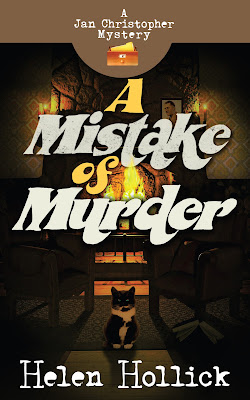
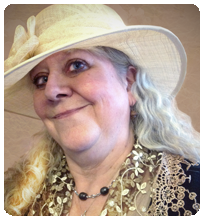


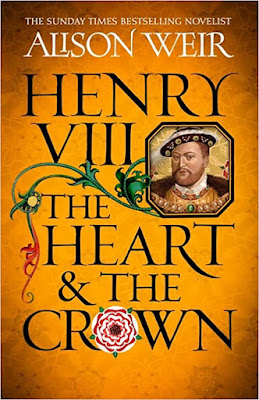




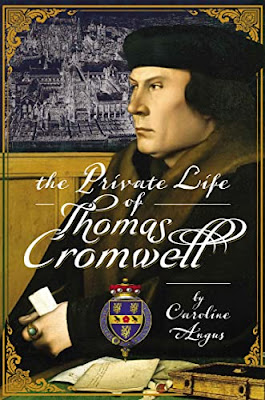

.jpeg)

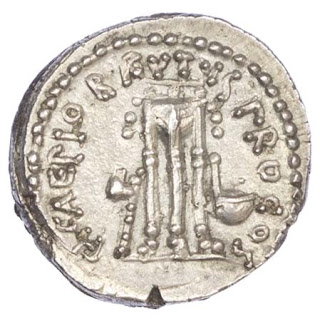

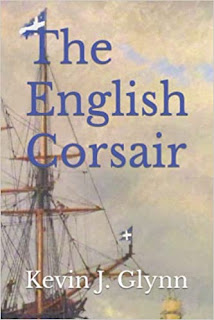






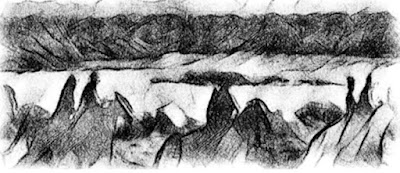
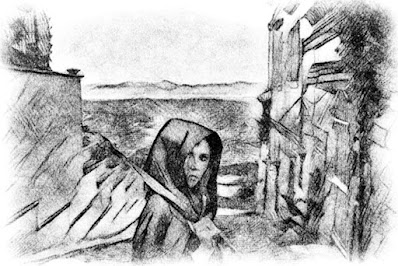


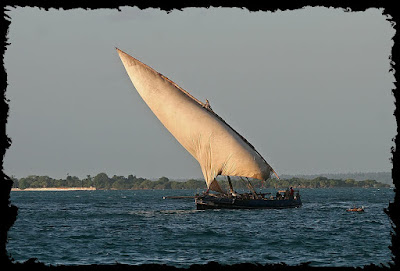
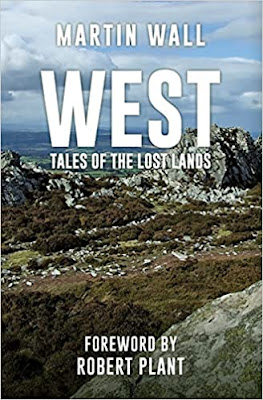

%20-%20Copy.jpg)




